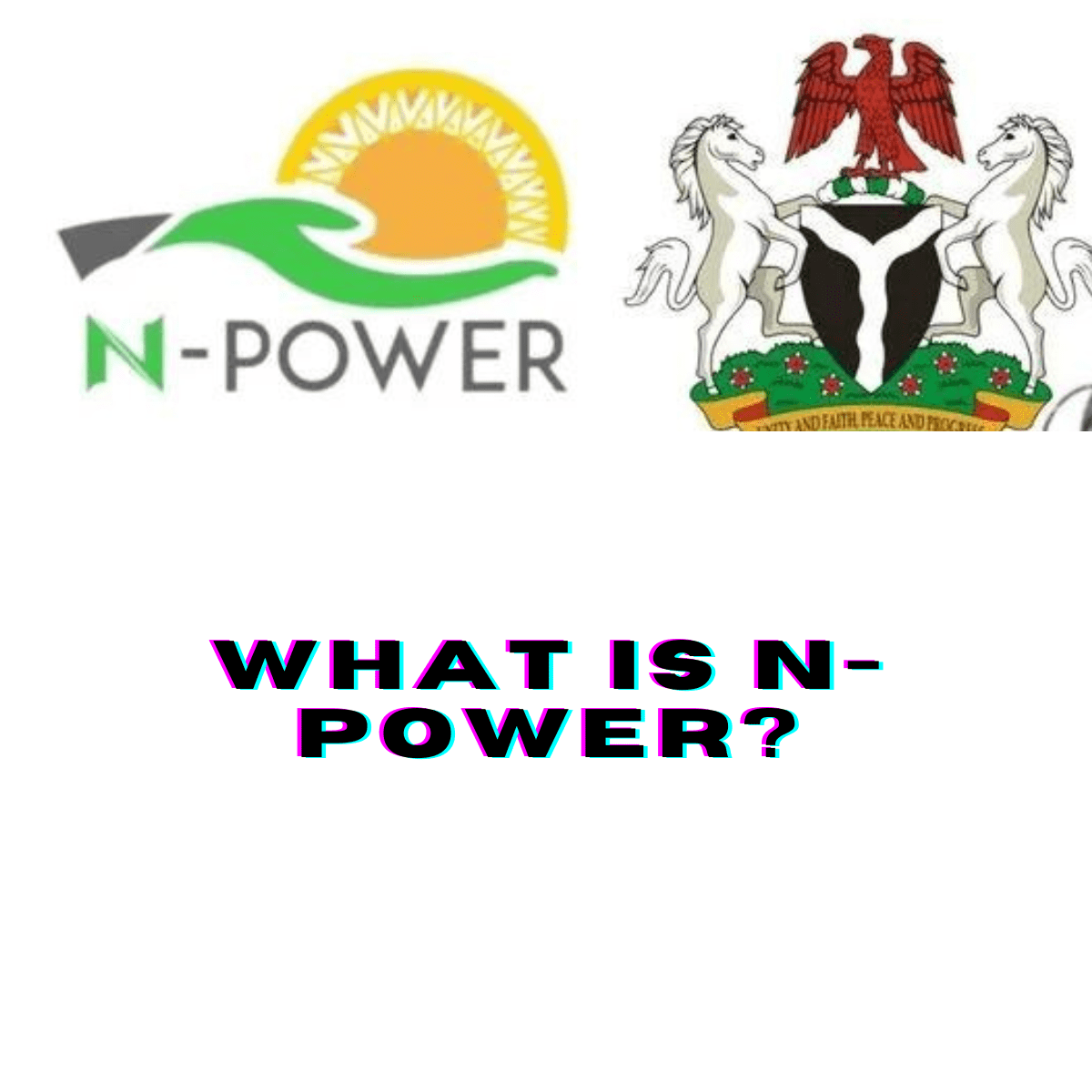In today’s rapidly evolving world, the bridge between unemployment and the acquisition of relevant skills for youths is a critical challenge many nations face. Nigeria, Africa’s largest economy, is no exception. With a burgeoning youth population, the need for sustainable solutions to unemployment and skill acquisition has never been more pressing. Enter N-Power, a flagship program designed by the Nigerian government to address these issues head-on. But what exactly is N-Power, and how does it operate within the context of Nigeria’s socio-economic landscape? Let’s dive deep into the heart of this innovative program, understanding its objectives, operations, and the impact it has on the Nigerian youth and the broader economy.
Understanding N-Power: The Genesis and Its Goals
At its core, N-Power is a part of the Nigerian government’s National Social Investment Program designed to foster social development and address the issue of youth unemployment in the country. Launched in June 2016, N-Power aims to equip Nigerian youths with life-long skills and tools to make them competitive in the global market and, more importantly, to improve their livelihoods and the economy at large. But how does N-Power achieve these lofty goals, and what makes it stand out from other initiatives?
N-Power operates by focusing on large-scale skill development. It is tailored towards young Nigerians between the ages of 18 and 35, offering them training, development programs, and direct employment opportunities in sectors deemed critical for sustainable economic development. These sectors include education, healthcare, agriculture, technology, and creative industries. By integrating these youths into various facets of the economy, N-Power not only aims to reduce unemployment but also to create a more skilled and capable workforce.
The N-Power Categories: A Closer Look
N-Power is structured into different categories to cater to the diverse interests and skillsets of Nigerian youths. These categories include:
- N-Power Volunteer Corps: The largest component, focusing on providing graduates with teaching, health, and agricultural extension training, which is then applied in primary schools, clinics, and farms across Nigeria.
- N-Power Agro: Trains and deploys agricultural extension advisors to rural areas to help farmers improve agricultural productivity.
- N-Power Health: Recruits and trains health professionals to serve in community health centers.
- N-Power Teach: Engages qualified graduates to assist in the foundational education of primary and secondary school students.
- N-Power Tech: Designed for non-graduates, this category focuses on technical and vocational training in the areas of hardware, software development, and creative industries.
- N-Power Build: Targets non-graduates in the construction, utilities, building services, and automotive industries, providing them with training and certification.
These categories are not just designed for temporary employment but are structured to provide a solid foundation for participants, equipping them with skills for future employment or entrepreneurship.
The Impact of N-Power on Nigerian Youths
Since its inception, N-Power has made significant strides in addressing the challenges of youth unemployment and skill acquisition in Nigeria. By providing practical and effective training, mentoring, and direct support, the program has empowered thousands of young Nigerians, instilling in them a sense of purpose and direction. Success stories abound, with beneficiaries starting their ventures, securing employment, or furthering their education.
Furthermore, N-Power’s emphasis on community service and development has fostered a spirit of volunteerism among the youth, driving social cohesion and community development. The program’s impact extends beyond the individual beneficiaries, contributing to the growth of local communities and the Nigerian economy at large.
Navigating the Challenges
Despite its successes, N-Power, like any program of its scale, faces challenges. These include issues of sustainability, funding, and ensuring the quality and relevance of training programs. The Nigerian government, in collaboration with various stakeholders, continues to work towards addressing these challenges, refining and improving the program to better serve its objectives.
FAQs: Everything You Need to Know About N-Power
Q: How can I apply for N-Power? A: Applications for N-Power are made online via the official N-Power portal. Prospective applicants should follow the instructions carefully and provide all required documentation.
Q: Is N-Power open to all Nigerians? A: Yes, N-Power is open to all young Nigerians between the ages of 18 and 35, regardless of their background. However, specific categories may have additional requirements, such as educational qualifications.
Q: Does N-Power provide employment after training? A: N-Power is designed to equip participants with skills and experience through its various programs. While direct employment is not guaranteed for all participants, the program significantly improves their employability and entrepreneurial capabilities.
Q: How long does the N-Power program last? A: The duration of the N-Power program varies depending on the category, ranging from a few months to two years for the Volunteer Corps.
Q: Are there any benefits apart from training? A: Yes, N-Power participants receive a monthly stipend during the duration of their program, which helps to cover basic expenses.
Engaging with the Readers: Your Thoughts and Questions
N-Power represents a significant effort by the Nigerian government to tackle the dual challenges of unemployment and underemployment among the youth. By investing in the skills and potentials of its young population, Nigeria is laying the groundwork for sustainable economic development and social progress.
What are your thoughts on the N-Power program? Do you believe initiatives like these can make a difference in addressing unemployment? Have you or someone you know participated in N-Power, and what was the experience like? Share your questions and experiences in the comments below. Let’s engage in a meaningful discussion on the impact of such programs on the youth and the country’s future.
